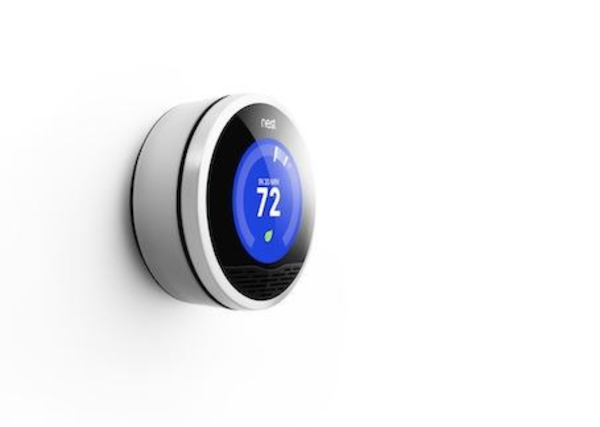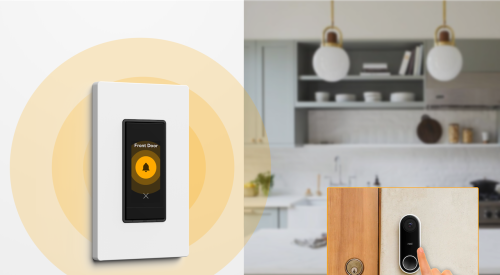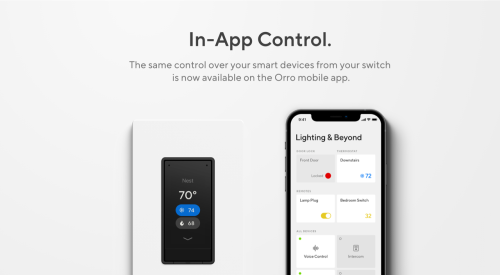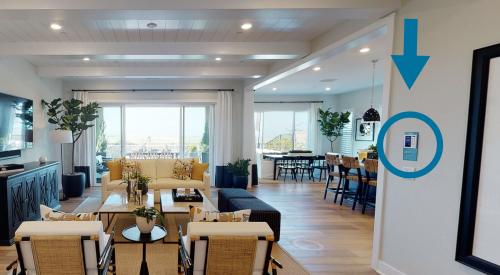When it comes to smart home products, consumers and home builders want integrated, dependable features. Yet smart technology relies on hardware manufacturers and Silicon Valley companies, who often use business strategies such as pushing upgrades (think smartphones), forcing loyalty by limiting compatibility and monetizing customer data. These strategies may be backfiring, however, as some home builders are “moving away from vendors that require lock-in solutions, and that appears to very much include Google Nest,” according to ExtremeTech.
Multiple home contractors have reported that they stopped using Google Nest products after controversial changes the company announced earlier this year. In May, Google announced that it would wind down the “Works with Nest” program that was previously used for connecting the Nest ecosystem to third-party products and services. Instead, Nest users could make a one-way transition to the Works With Google Assistant (WWGA) program instead — but this meant giving up a lot of WWN functionality and the ability to integrate with third-party products that belonged to that system.
Last week, Google announced some additional features coming to the Works with Google program that should alleviate some of the concerns of end users, including a Device Access security program that other vendors can apply to (allowing certified products to control Nest devices), an update to Google Assistant that allows Nest devices to trigger a “routine” (a series of predefined actions), and a Direct Access for Individuals to allow end-users to create their own automated actions. Both of these last two features are coming at a later date, with routine support expected in 2020. The new Device Access program is already live.
These features raise concerns with those wary of giving their data to large tech companies--especially Google, which has figured out how to monetize data through advertisements on its other platform. Having a Google product monitor routines and trends could potentially give Google valuable information for free it could then use for advertisements.
In 2014, when Google bought Nest, Nest co-founder Matt Rogers wrote that “Nest data will stay with Nest.” Today, that’s no longer true, and Roger’s original blog post has been removed from the website. In Silicon Valley, the promises you make about long-term service and support are only as good as the length of time to takes to delete a webpage.













